Expanding the scope of application of controlled testing mechanism
Discussing the draft Law on Digital Technology Industry, delegates agreed on the need to promulgate the law. This is an important law project to institutionalize Resolution No. 57-NQ/TW of the Politburo on science and technology development, innovation and national digital transformation. The promulgation of this law will create a solid legal foundation, bring the Party's policy into life, promote the digital technology industry to become a driving force for the country's economic growth.
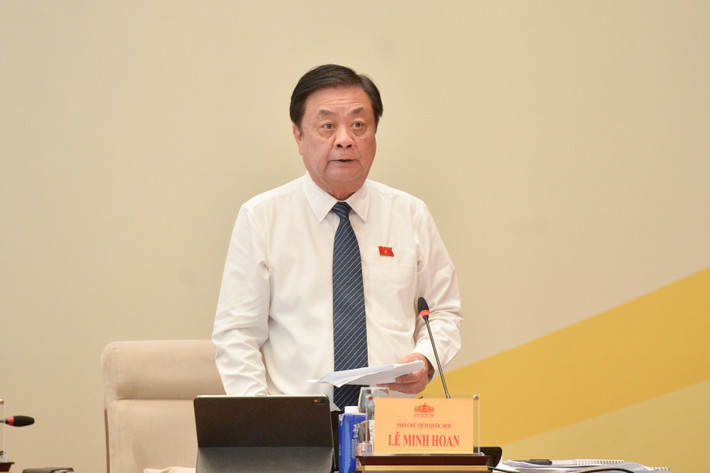
Resolution No. 57-NQ/TW of the Politburo requires innovation in management thinking, avoiding the mindset of "if you can't manage, ban", paving the way for new technology through a controlled pilot mechanism. Comparing with this spirit of Resolution No. 57, National Assembly Deputy Tran Van Khai (Ha Nam) found that the draft Law has made progress with the regulation of the testing mechanism (Chapter V), but the scope of testing is still too narrow (Article 42), omitting many innovations; at the same time, it lists many prohibited acts very generally (Article 12) and imposes a number of additional business conditions.
Believing that “this overly cautious management will stifle innovation and make businesses hesitant to experiment with new technologies in Vietnam,” delegate Tran Van Khai proposed expanding the scope of application of the controlled testing mechanism (sandbox) for all new digital technology products and services that are not regulated by law; simplifying testing approval procedures; eliminating unnecessary prohibitions and conditions; and empowering the Government to temporarily allow pilot testing of new technologies and models that are not regulated by law.
Resolution 57-NQ/TW of the Politburo also considers digital data as a strategic resource, requiring "making data the main means of production" and developing the data economy. However, according to delegate Tran Van Khai, the draft Law has not clearly demonstrated this policy, the main regulations on technical management, there is no mechanism for sharing and effective exploitation, and there are no provisions promoting the opening of public data or the development of the data market.
“This cautious approach leads to an untapped “data gold mine”, businesses lack raw materials to develop artificial intelligence, and reduce competitiveness”. Noting this issue, delegate Tran Van Khai suggested that it is necessary to supplement regulations to promote the data economy. In particular, clearly stipulate the principles of “open data” and data sharing between state agencies and businesses; form data centers and exchanges; at the same time, assign the Government to regulate the list of open data and the mechanism to ensure safety and privacy when sharing data, thereby creating momentum for the data industry to develop in the spirit of Resolution 57-NQ/TW.
In addition to the requirement to innovate management thinking, some National Assembly deputies also suggested that the Drafting Committee further study, consult, and compare policies on supporting industries such as national supporting industry programs issued by the Prime Minister, circulars of the Ministry of Finance on industrial support level guidelines, etc. to come up with breakthrough support policies for the digital technology industry.
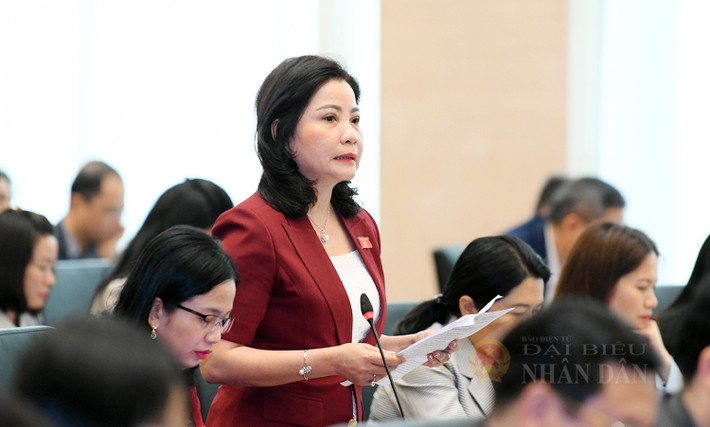
National Assembly Deputy Nguyen Thi Thu Nguyet (Dak Lak) emphasized that the policies supporting the digital technology industry in the draft Law will be the basis for localities to build digital technology support policies that are superior and leading compared to other support policies in each locality.
For enterprises with foreign direct investment, delegate Nguyen Thi Thu Nguyet noted that enterprises need clarity and transparency in preferential policies to decide on long-term investment and commitment to the Vietnamese market. “These incentives will promote stronger development in our country, promote the development of digital technology zones and digital industries in Vietnam and create favorable conditions for comprehensive development.”
Classify digital assets for proper management
The draft Law on Digital Technology Industry has a separate chapter with two Articles 57 and 58 regulating digital assets. According to Clause 1, Article 57, digital assets are assets as prescribed in the Civil Code, expressed in the form of digital data, created, issued, stored, transferred and authenticated by digital technology in the electronic environment.
According to the provisions of the draft Law, digital assets are classified according to their purpose of use, technology and other criteria. The authority and management of digital assets, virtual assets in the electronic environment and encrypted assets in specialized fields are implemented according to Government regulations in accordance with practical conditions.
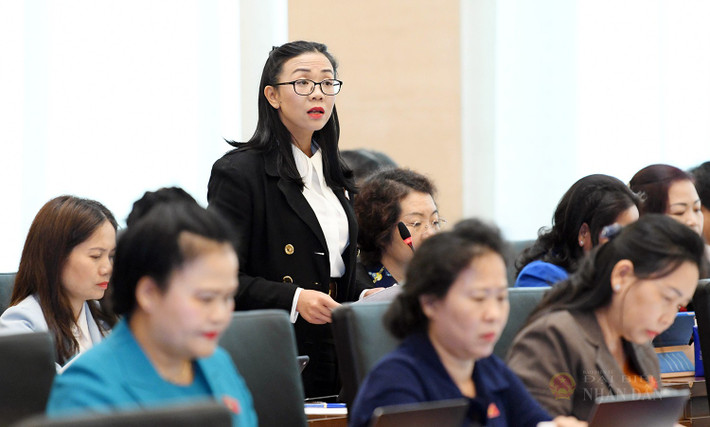
Regarding this content, National Assembly Delegate Trinh Thi Tu Anh (Lam Dong) proposed that the provisions on digital assets in Clause 1, Article 57 should add the phrase "unique or replaceable" after the phrase "expressed in the form of digital data". Because uniqueness or replaceability is an important characteristic of digital assets, directly affecting the use of digital assets for transactions and valuation. In particular, uniqueness creates scarcity and separate value for each type of asset, allowing the representation of ownership of unique items or assets in both the real and digital worlds. Fungibility allows for easy exchange and use of assets as a currency unit to create high liquidity and promote commercial transactions, which is the foundation for decentralized financial applications.
Commenting on this content, National Assembly Deputy Pham Trong Nghia (Lang Son) agreed with the division of digital assets according to the three criteria stipulated in the draft Law; on that basis, appropriate management measures should be proposed. However, the delegate also noted that virtual asset management is a new, difficult and complicated legal issue, a transnational issue. Therefore, the Drafting Committee needs to supplement the International Experience Report for National Assembly Deputies to refer to when considering and approving the draft Law at the upcoming Ninth Session.
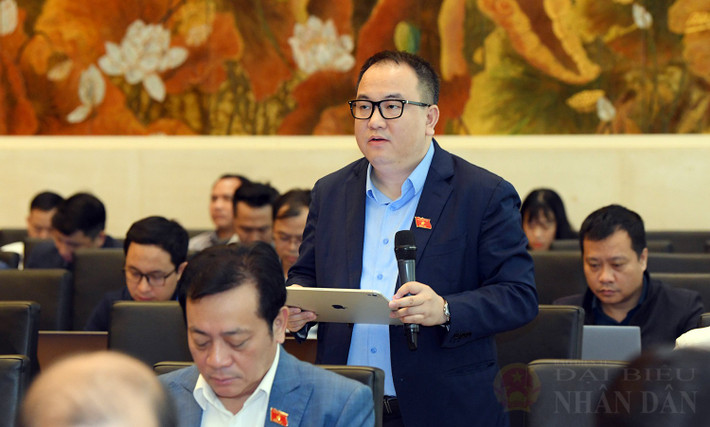
Regarding artificial intelligence, Article 53 of the draft Law stipulates four types of artificial intelligence systems including high risk, non-high risk, high impact and other artificial intelligence. With this provision in the draft Law, delegate Pham Trong Nghia found that artificial intelligence systems are divided according to both criteria and risk level and high impact criteria. Therefore, the division needs to be determined according to a criterion so that more appropriate management measures can be taken.
At the same time, National Assembly member Pham Trong Nghia also suggested referring to the method of dividing risks into 4 levels in the European Union's Artificial Intelligence Act 2024 to complete the draft law. That is level 1: unacceptable risk is a complete ban, level 2: high risk is strict regulation, level 3: limited risk is transparency requirement and level 4: low risk is allowed to develop freely.
Speaking at the conference, Minister of Science and Technology Nguyen Manh Hung affirmed that the Law on Digital Technology Industry is a new and very difficult law, without much international experience. Therefore, the drafting agency will carefully study and absorb as much as possible to complete the draft Law. Regarding the controlled testing mechanism, the Minister of Science and Technology said that it is possible to approach in a centralized but flexible way, which is to have a law that sets out the principles of the sandbox, then assign the Government to issue a framework decree, then ministries, branches, and localities issue guidelines on conducting controlled testing in their sectors and localities to avoid many current laws having regulations on implementing this testing mechanism.
Source: https://daibieunhandan.vn/doi-moi-tu-duy-tranh-quan-ly-qua-than-trong-post408368.html



![[Photo] Third meeting of the Organizing Subcommittee serving the 14th National Party Congress](https://vstatic.vietnam.vn/vietnam/resource/IMAGE/2025/4/2/3f342a185e714df58aad8c0fc08e4af2)
![[Photo] Relatives of victims of the earthquake in Myanmar were moved and grateful to the rescue team of the Vietnamese Ministry of National Defense.](https://vstatic.vietnam.vn/vietnam/resource/IMAGE/2025/4/2/aa6a37e9b59543dfb0ddc7f44162a7a7)


![[Photo] Close-up of Vietnam's sniffer dog team searching for earthquake victims in Myanmar](https://vstatic.vietnam.vn/vietnam/resource/IMAGE/2025/4/1/d4949a0510ba40af93a15359b5450df2)
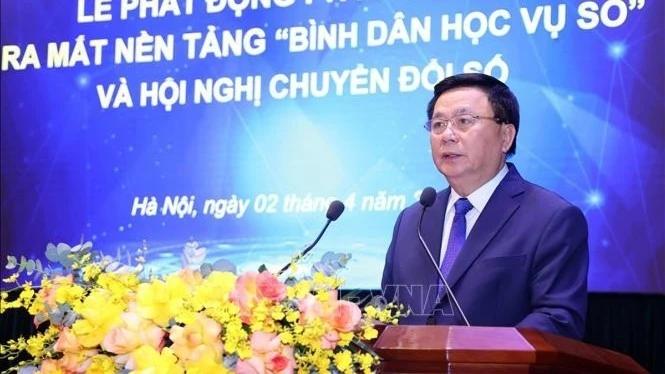
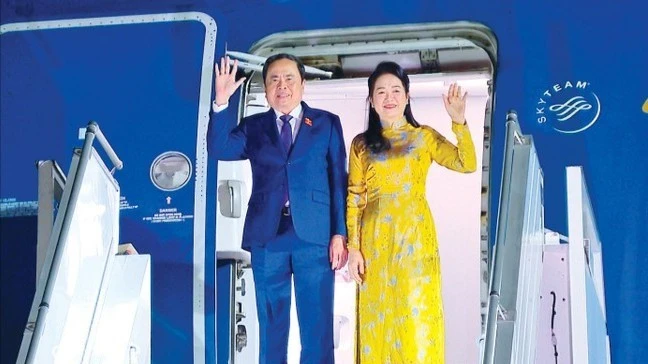
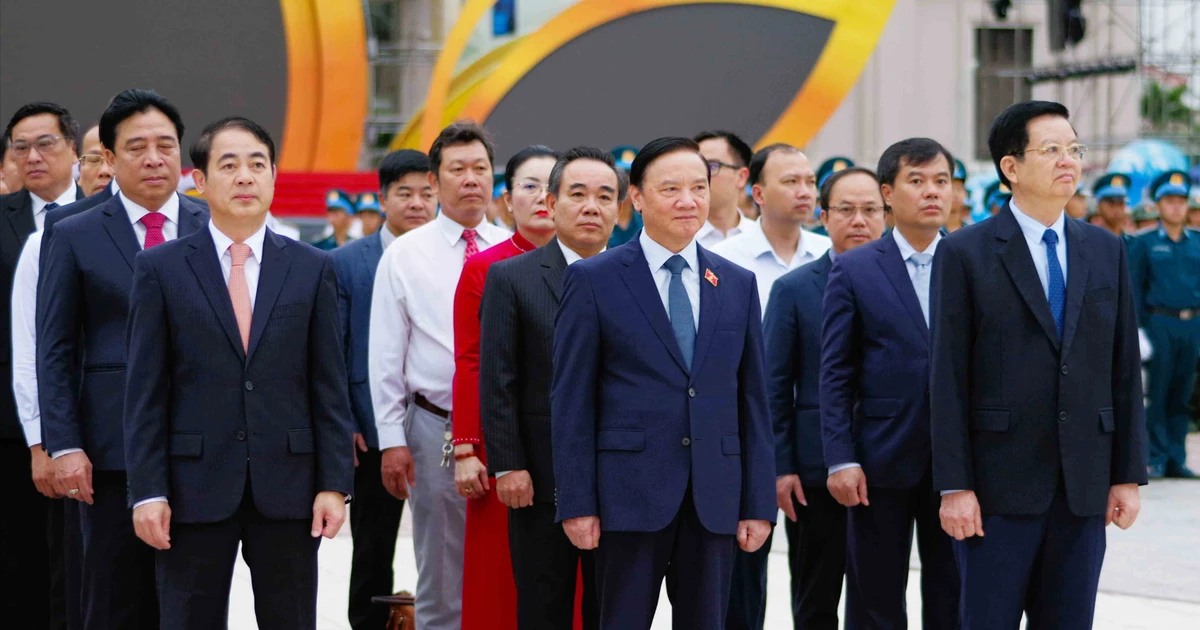

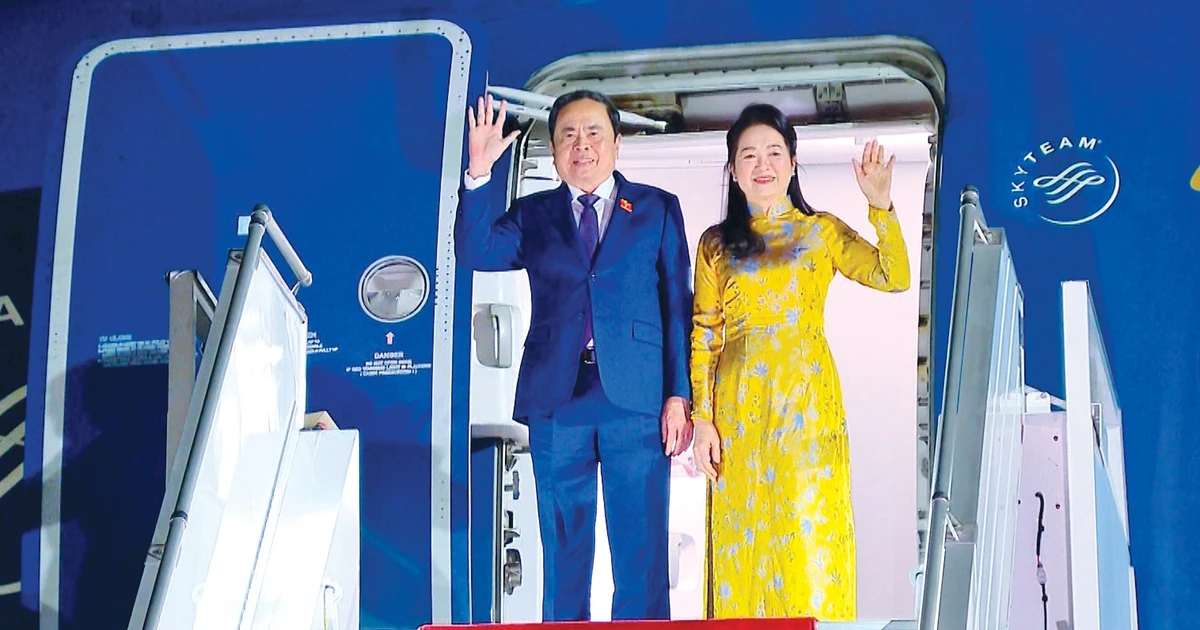
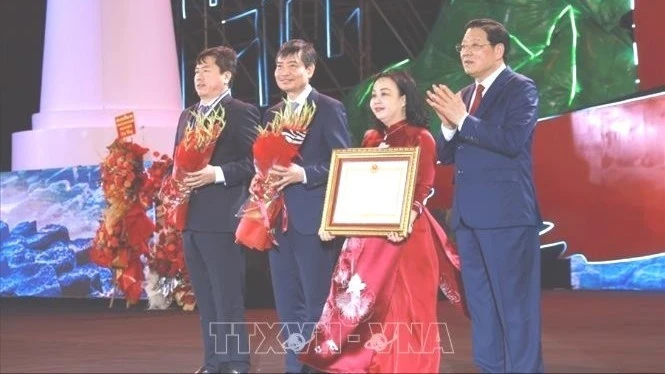





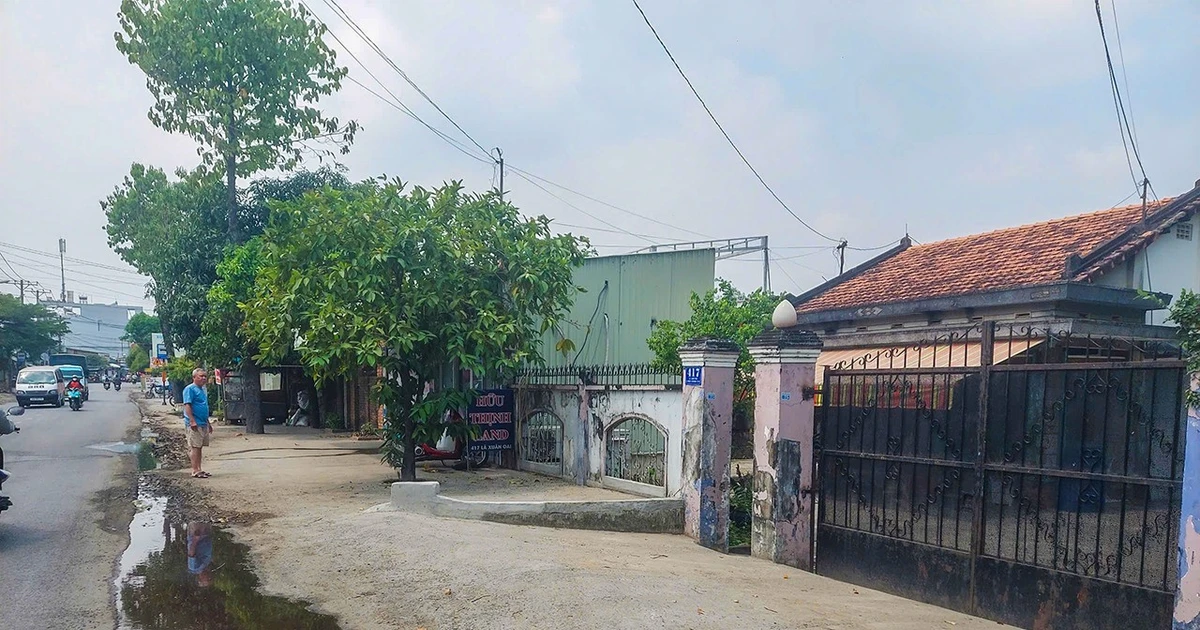

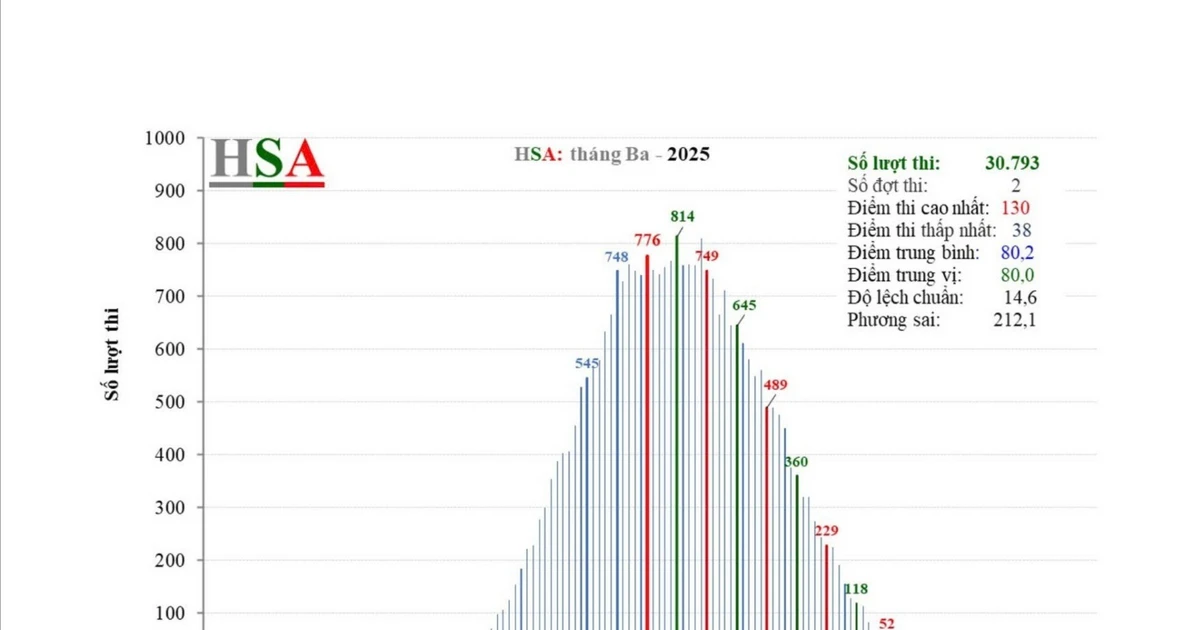
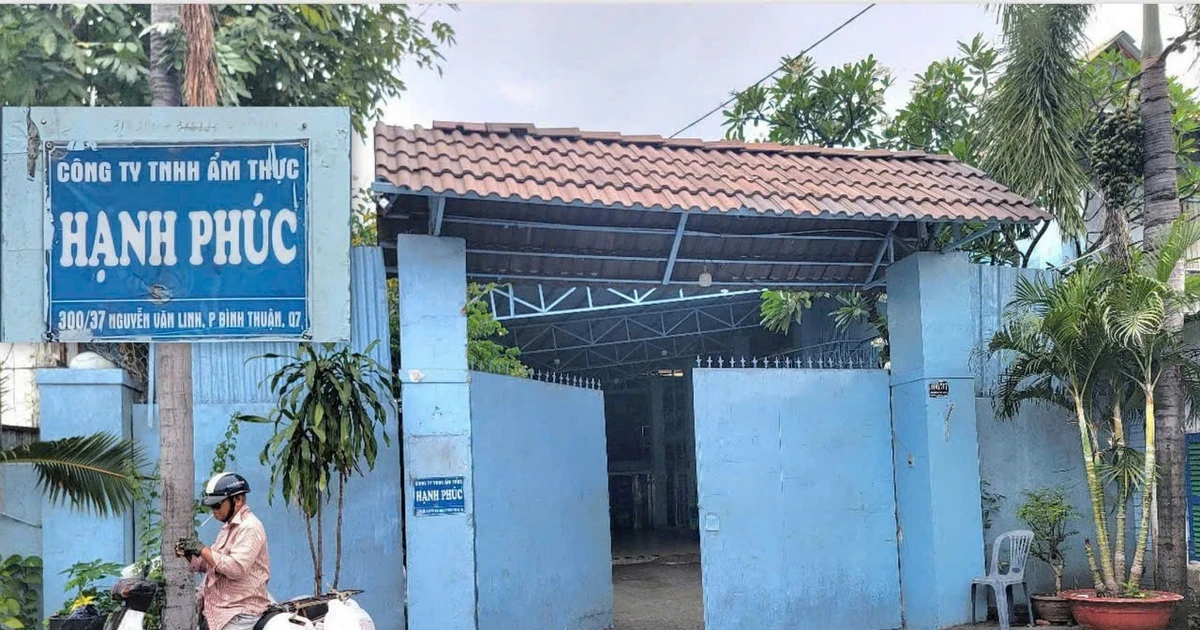
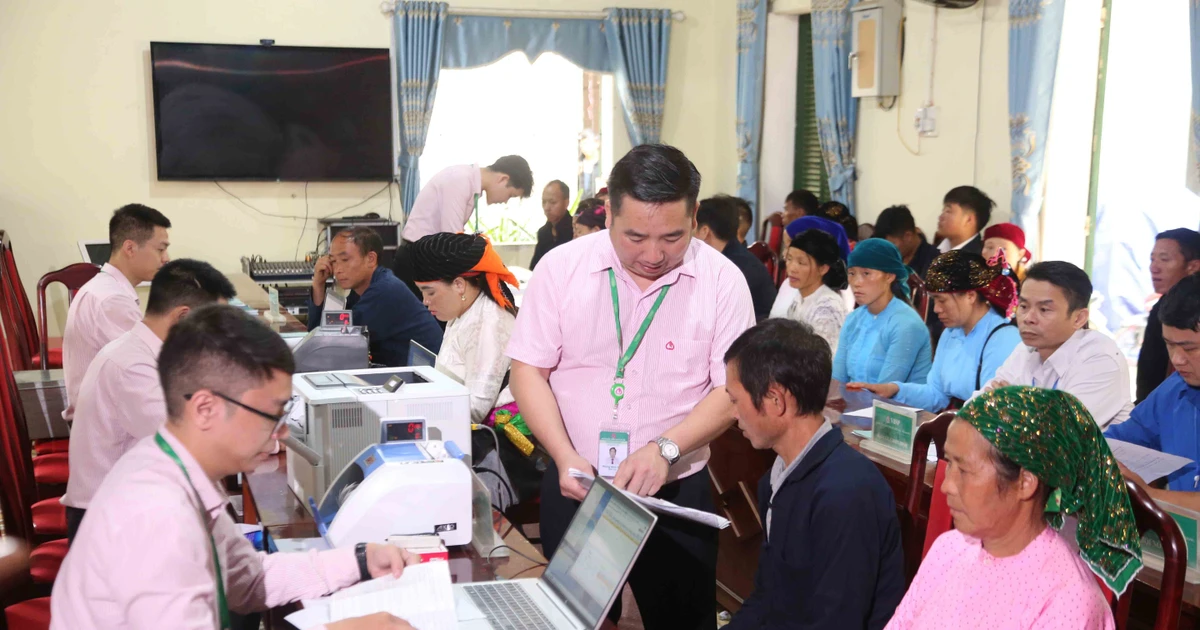





























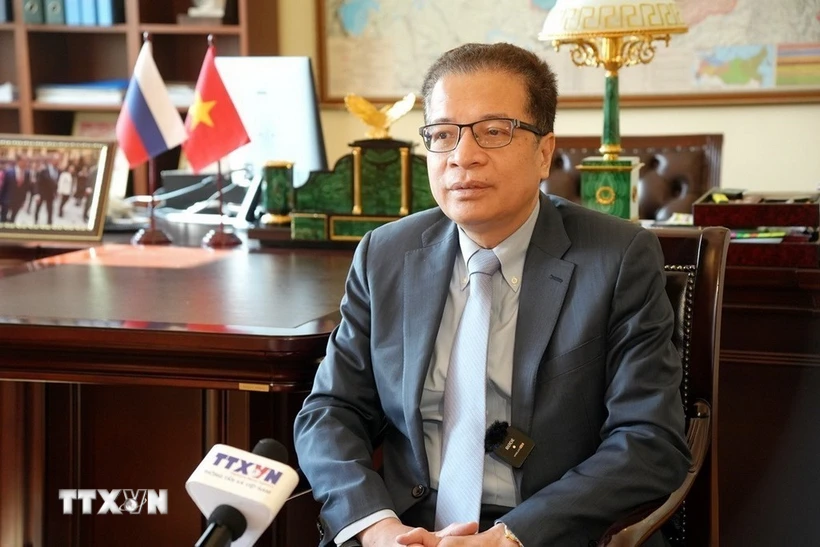
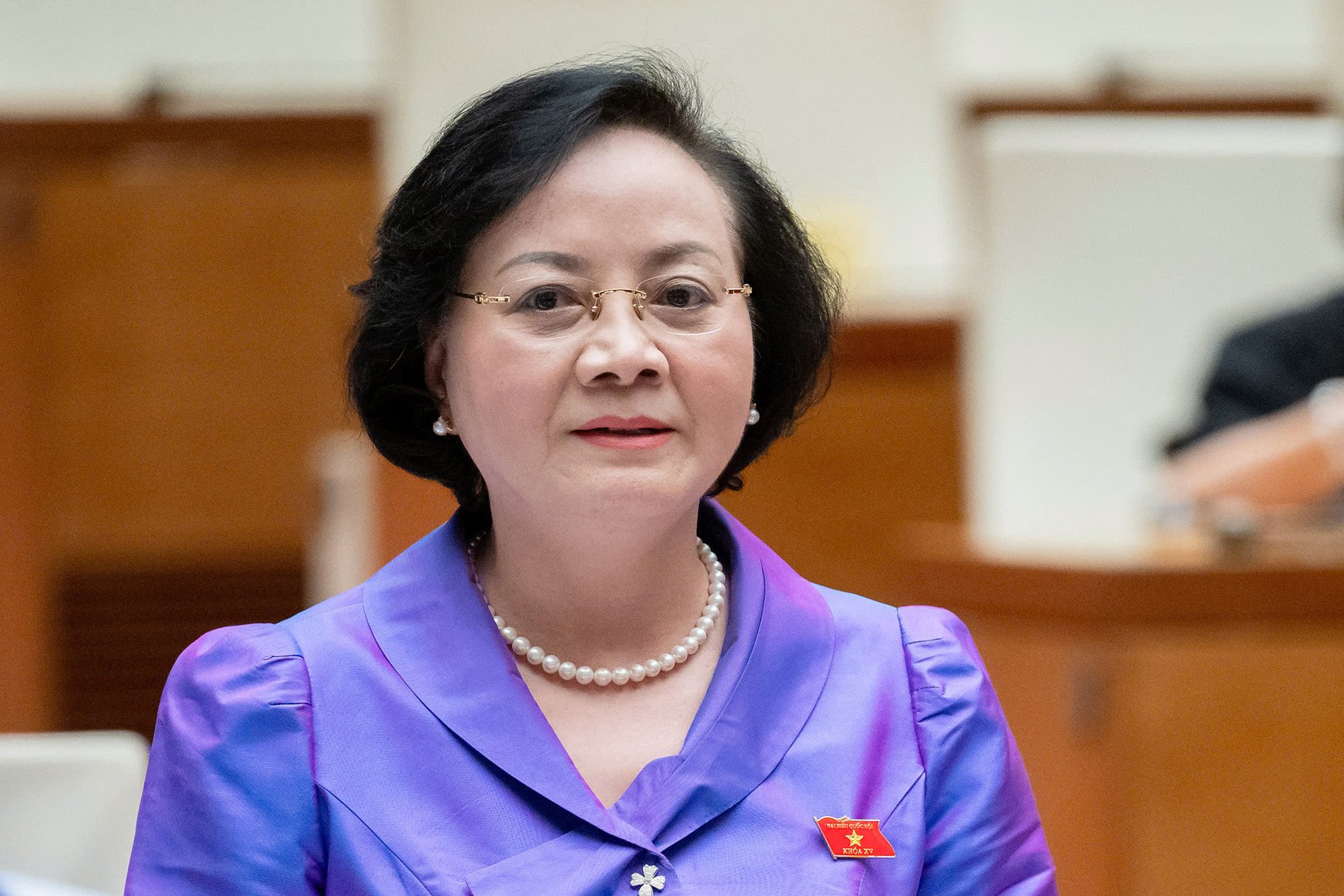













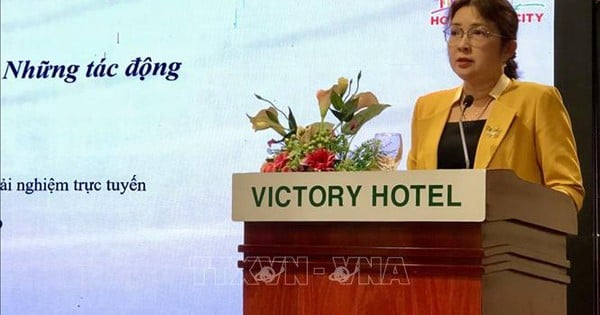
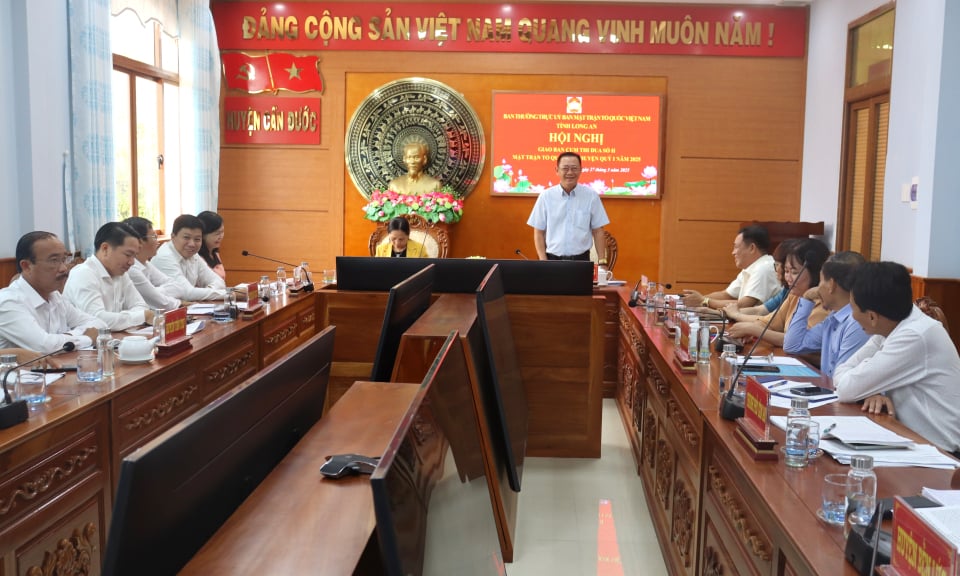

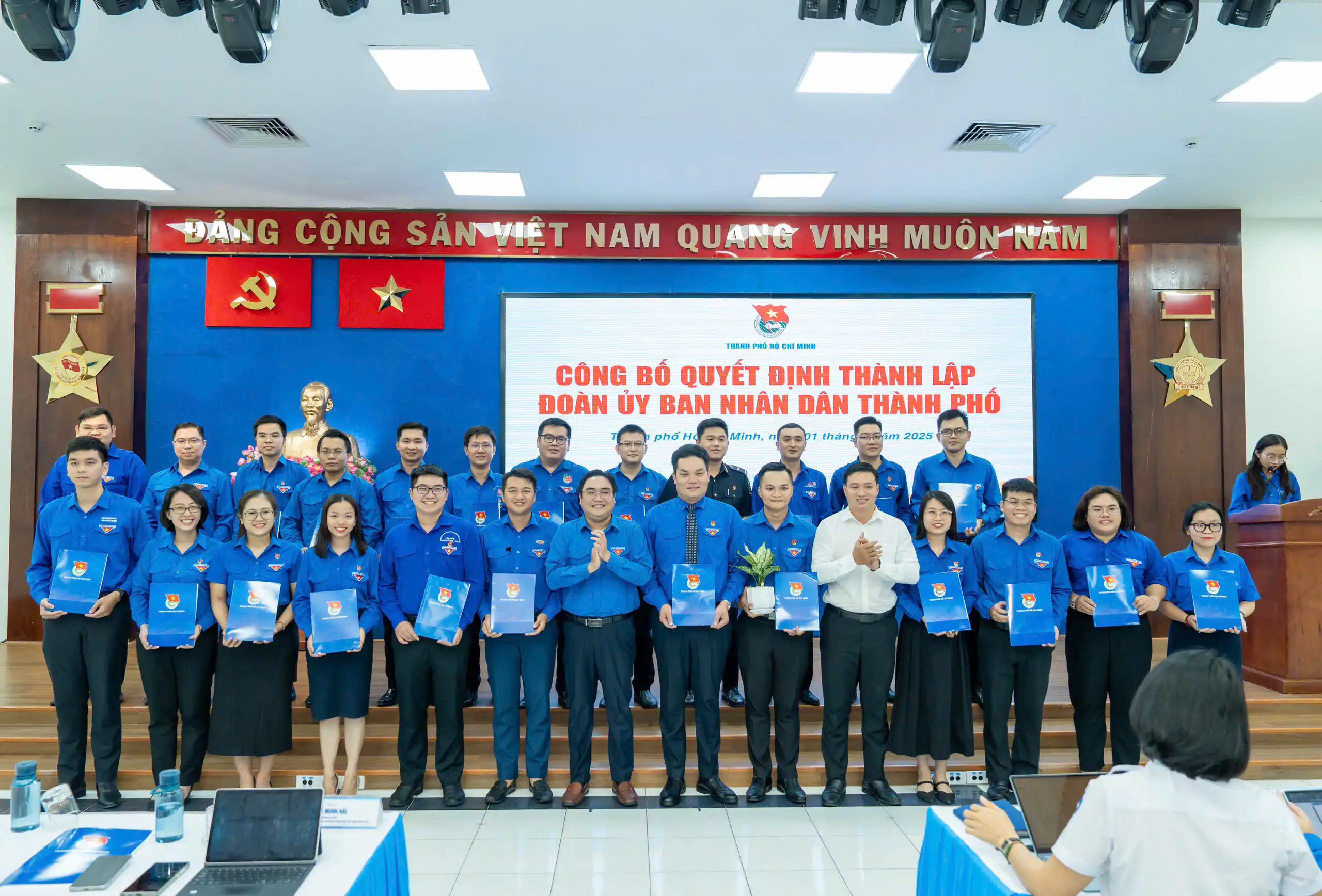


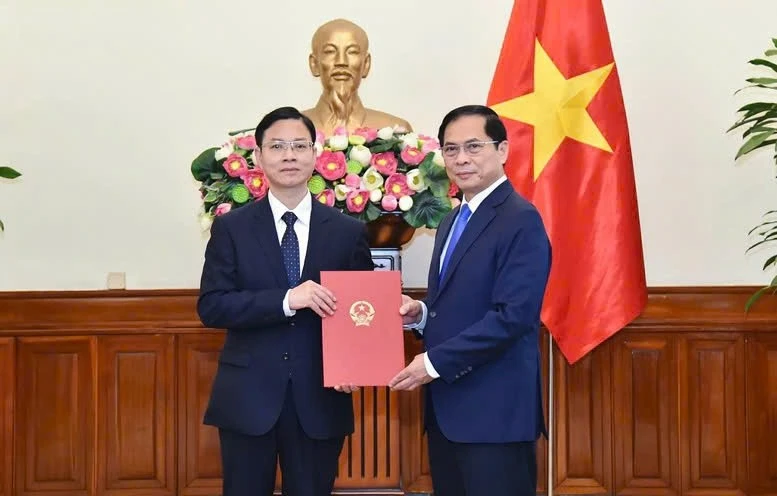

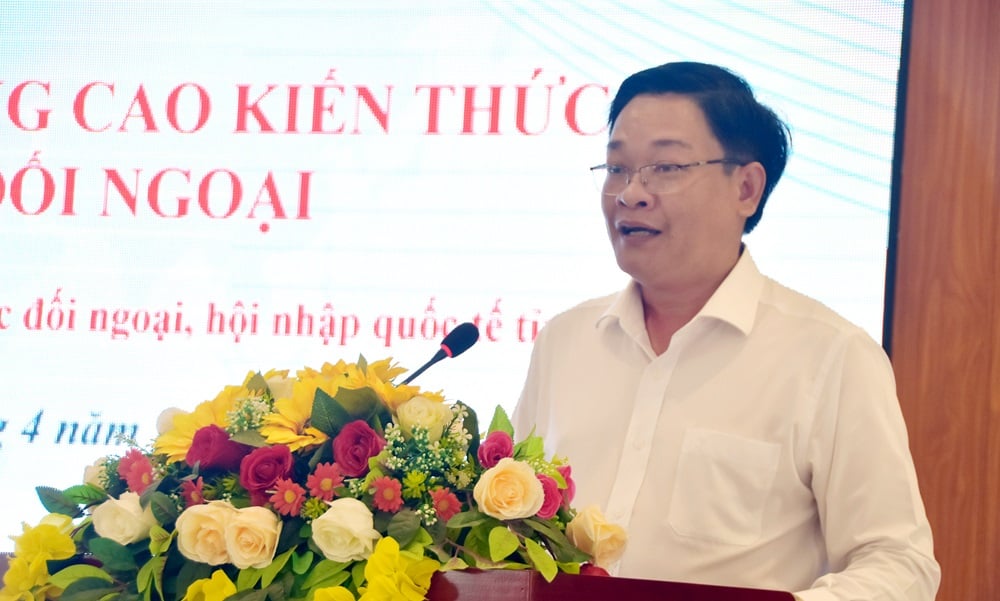












Comment (0)